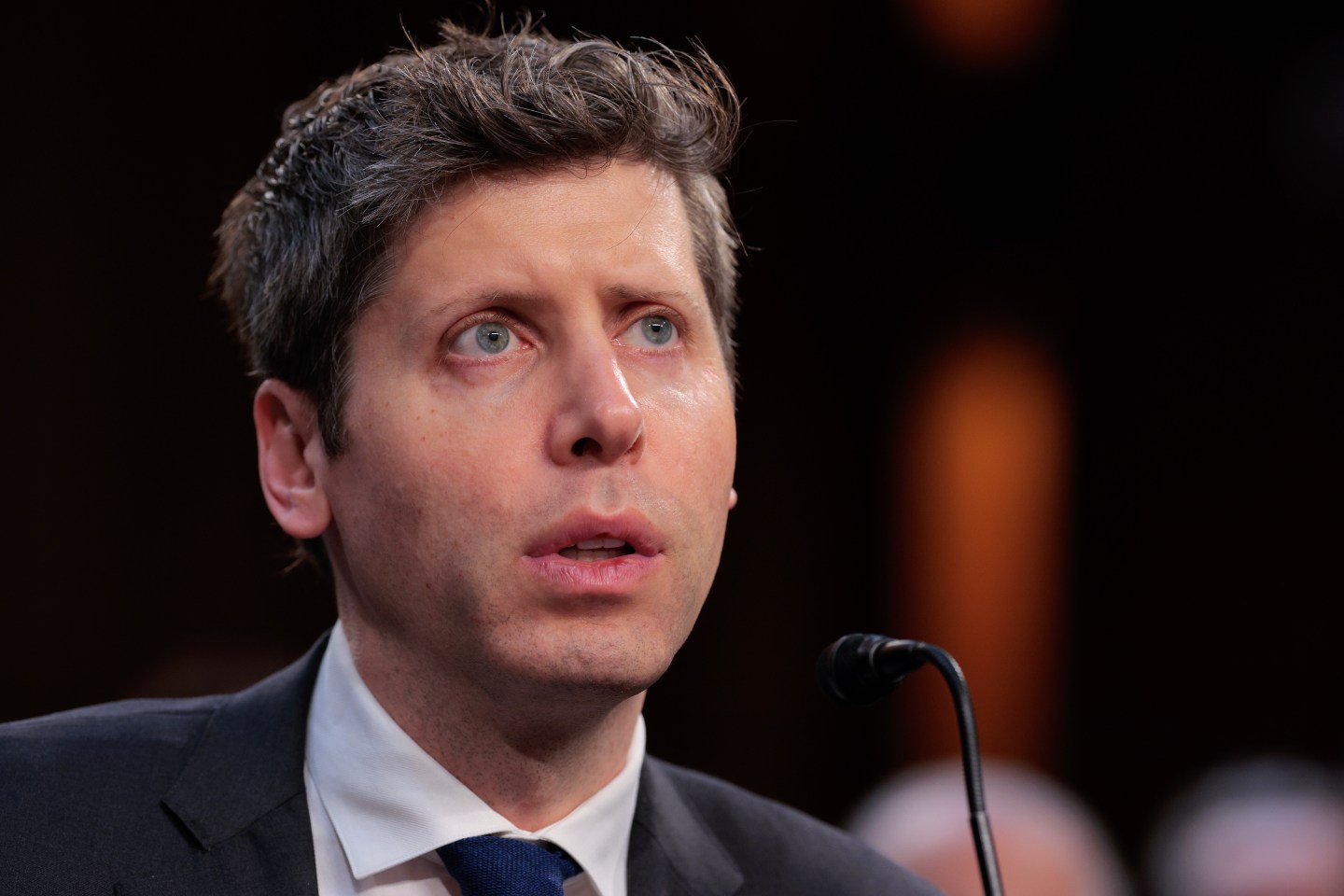By Brian Dumaine, senior editor-at-large

Kamen has been refining this technology—which uses a distilling process that doesn’t need expensive membranes or pumps—for the past decade. His two challenges have been how to get the cost down and how to distribute the technology throughout the developing world.
The inventor has the answer to the latter challenge. His engineering and design company DEKA, which employs 400 in an old mill in Manchester, N.H., has partnered with Coca-Cola. The giant beverage company, which believes clean water is one of the great issues of the 21st, not only wants to reduce the water it uses in manufacturing but also is donating time and money to bring clean water to the masses. Says Kamen; “Coke has the distribution channels to get the Slingshot into the hands of those who need it.” The plan is to give the machines to entrepreneurs who will then have a motive to protect and maintain the equipment.
MORE: A Kickstarter for green energy
Kamen calculates that the machines—not including the cost of distribution and the power to run them (they require about the same amount of energy as a hair dryer) can produce water for around a penny a gallon, much cheaper than what clean water costs in most of the developing world. Kamen believes that the program could have 5 million women entrepreneurs running businesses by 2020.
The other sticking point is cost. So far the Slingshots cost about $7,000 to $8,000 dollars, but Kamen believes he can get that down dramatically with economies of scale. The units have been tested successfully in Ghana, and he hopes to start manufacturing them by mid-year.
The newest twist on the Slingshot: Kamen believes there’s a commercial market for his machine. “There’s a huge opportunity for medical grade water in clinics and making fresh water locally for buildings,” he says.
But first this inventor has some giants to slay.











